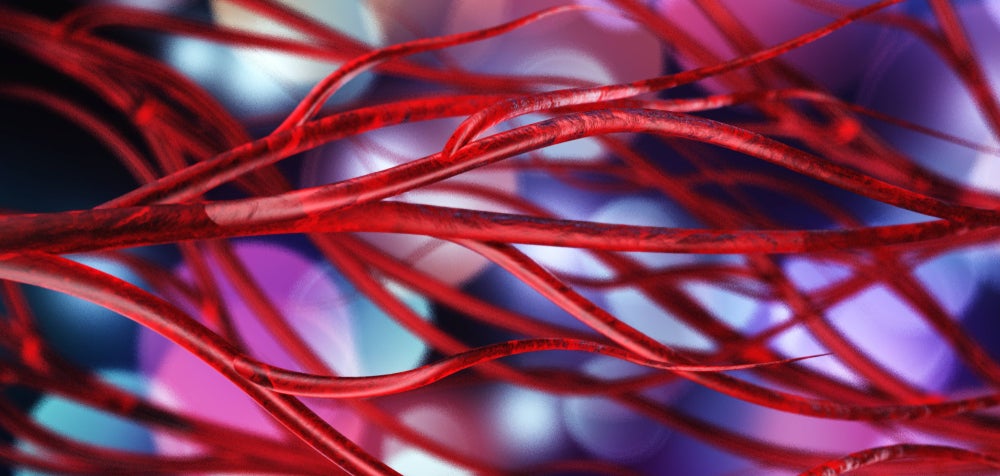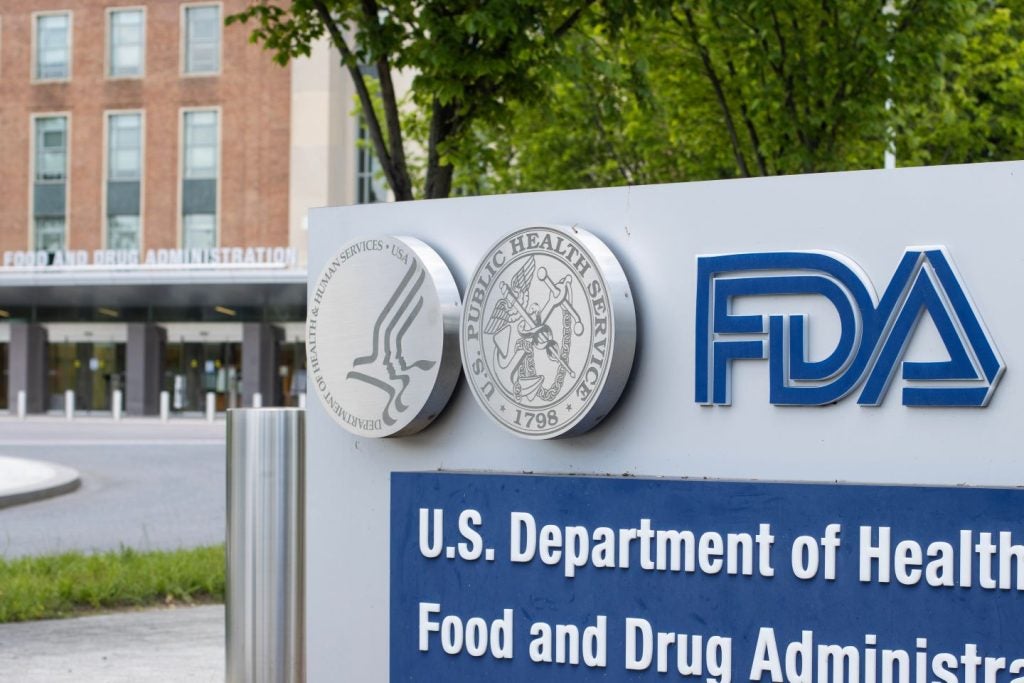A point-and-click device designed to detect signs of skin cancer has been found to increase a clinician's odds of referral in a study published following an FDA breakthrough designation.
Florida-based DermaSensor Inc. said that the study, published in the Journal of Primary Care and Community Health, detailed how the use of its DermaSensor device saw the rate at which clinicians refer patients for skin cancer rise from 81% to 94%.
The study comes after the device was previously granted breakthrough designation by the US Food and Drug Administration (FDA) and is set to form part of the company’s bid to achieve market approval for the start of 2024.
DermaSensor CEO, Cody Simmons, said: "The findings of this study reinforce our commitment to providing innovative solutions for the detection of skin cancer. The findings from this study suggest that the device could greatly benefit PCPs and their patients.
“It is an honour that this journal and group of authors have published these study findings, including Dr Ferris, who is a world-renowned thought leader in the field of non-invasive skin cancer detection tools.”
The study, titled: “Clinical Utility of an AI-powered, Handheld Elastic Scattering Spectroscopy Device on the Diagnosis and Management of Skin Cancer by Primary Care Physicians” involved 57 clinicians across the US completing more than 5,000 assessments of skin lesions.
Study author and professor of dermatology at the University of Pitsburg, Laura Korb Ferris, said: “Our study indicates that DermaSensor's ESS device has the potential to enhance the detection of skin malignancies in the primary care setting. This technology not only improved clinicians’ sensitivity for lesion referral but also significantly increased their confidence, both of which are particularly important for non-specialists."
The DermaSensor device uses machine learning and artificial intelligence to examine the images taken for signs of skin cancer and is currently marketed in Australia, New Zealand and the EU with the US being the only country where the company is actively seeking approval.
It comes as a poll of National Health Service (NHS) patients in the UK found that 62% of patients would rather have their skin assessed by a computer than wait weeks to see a dermatologist in person.















